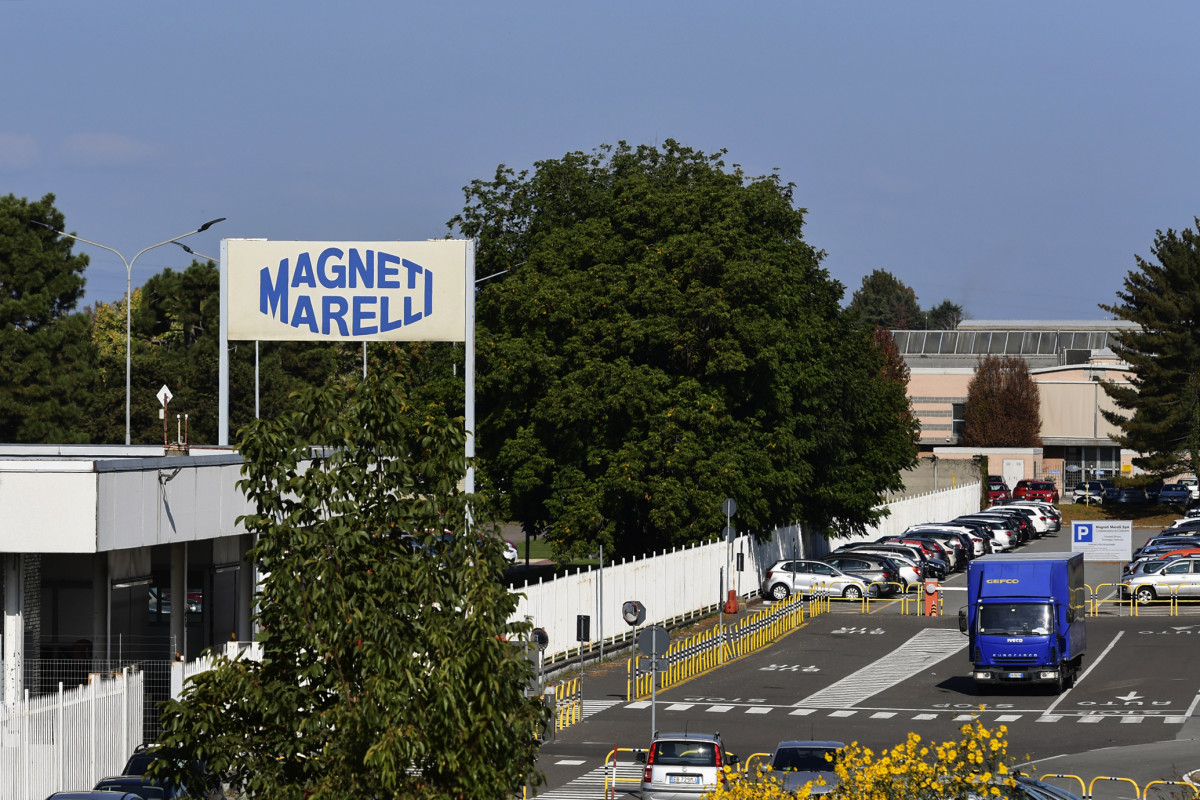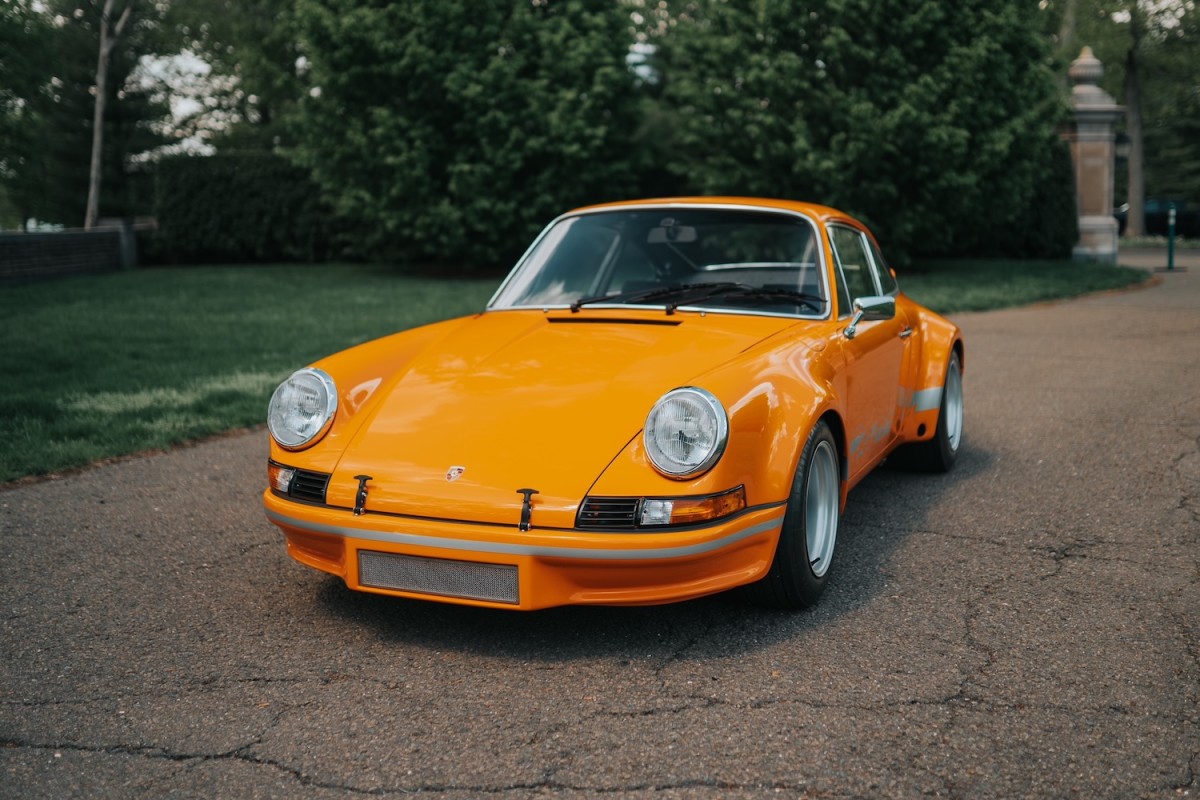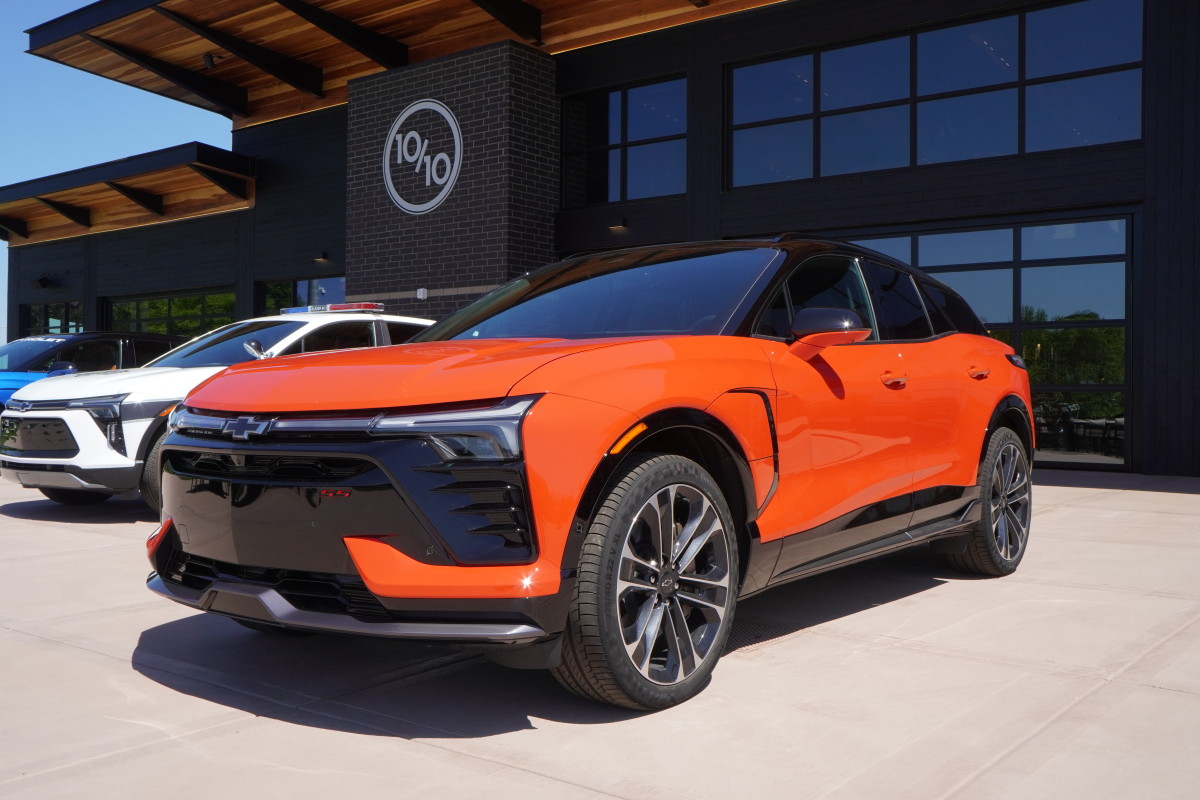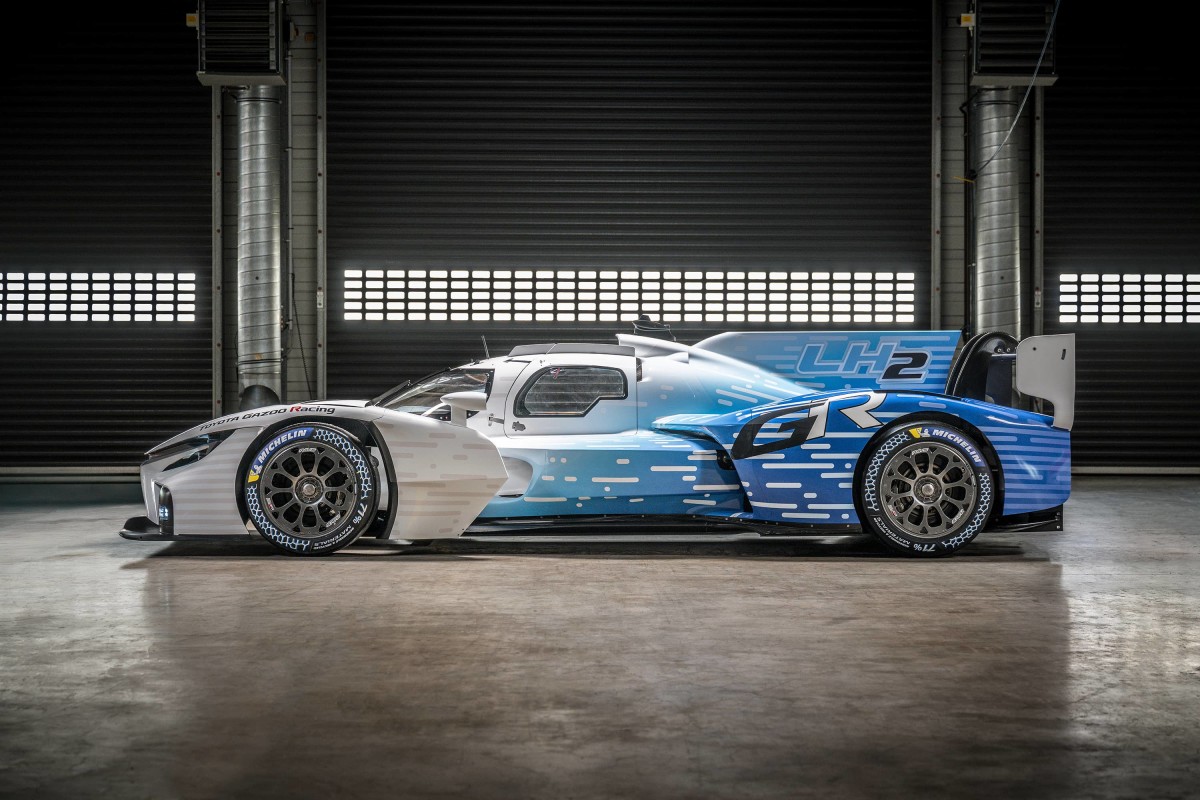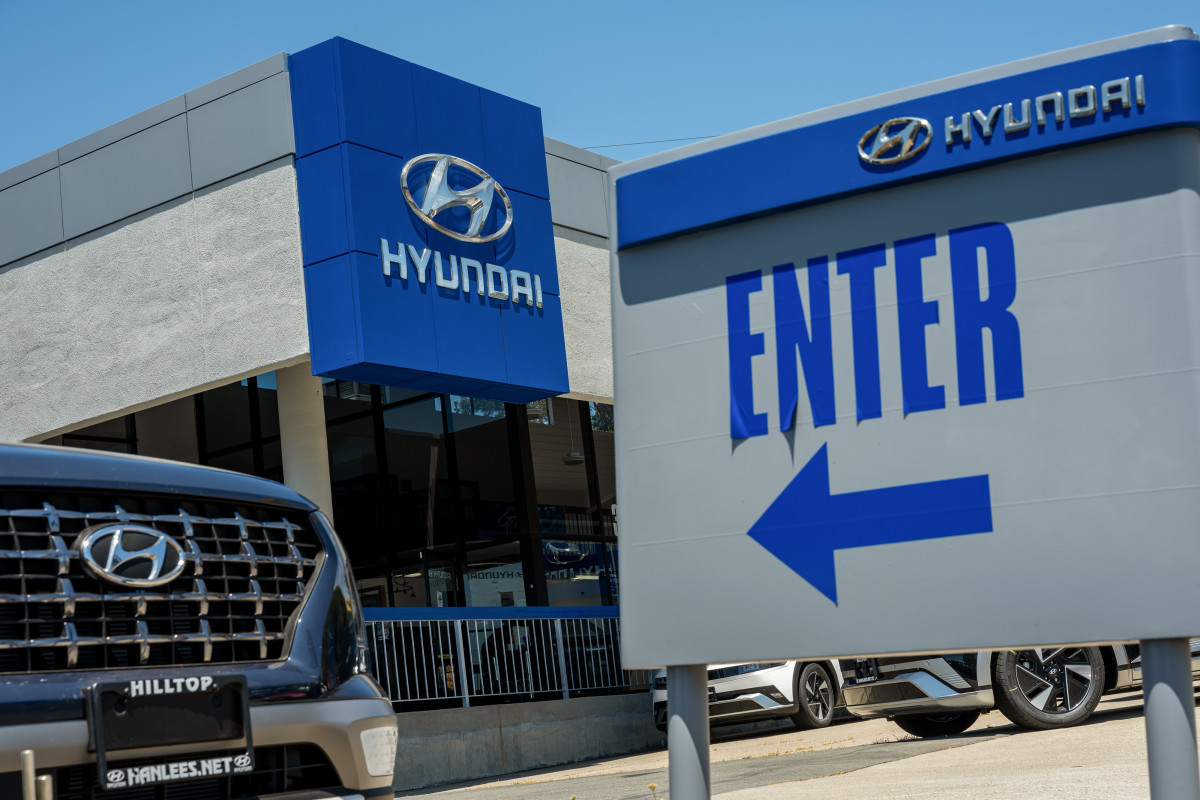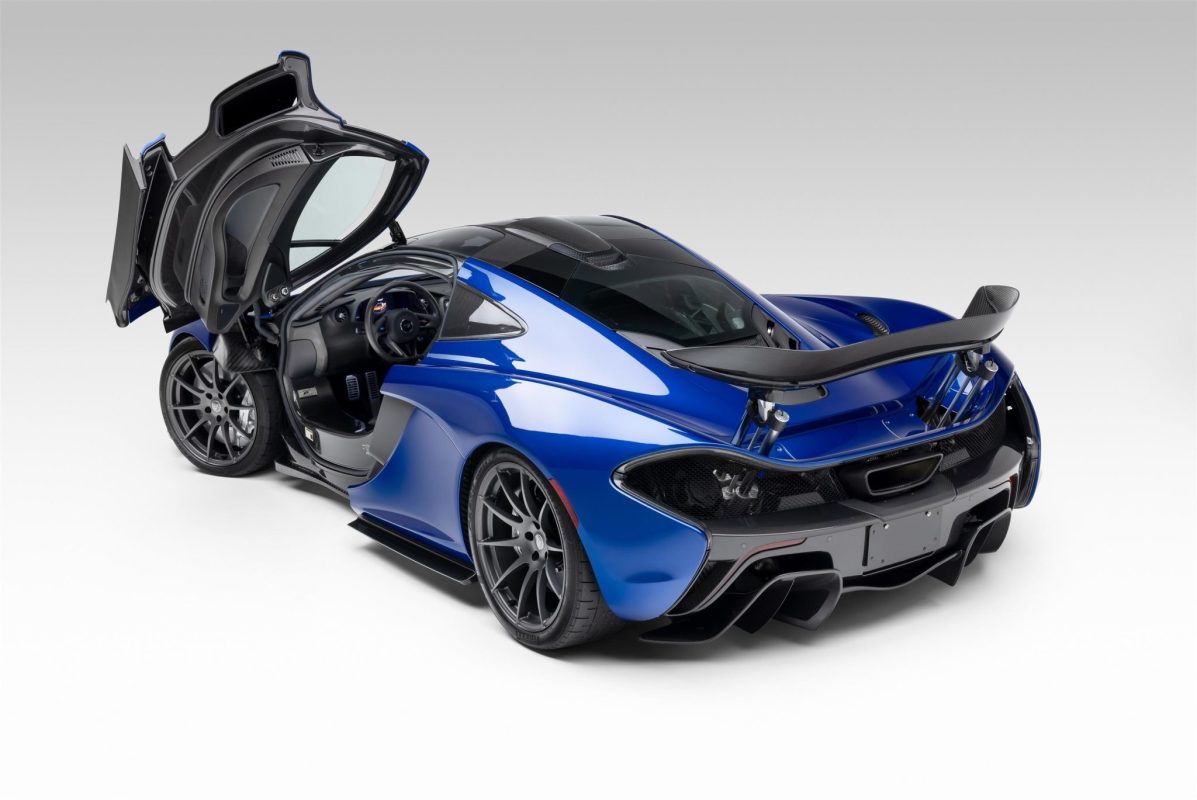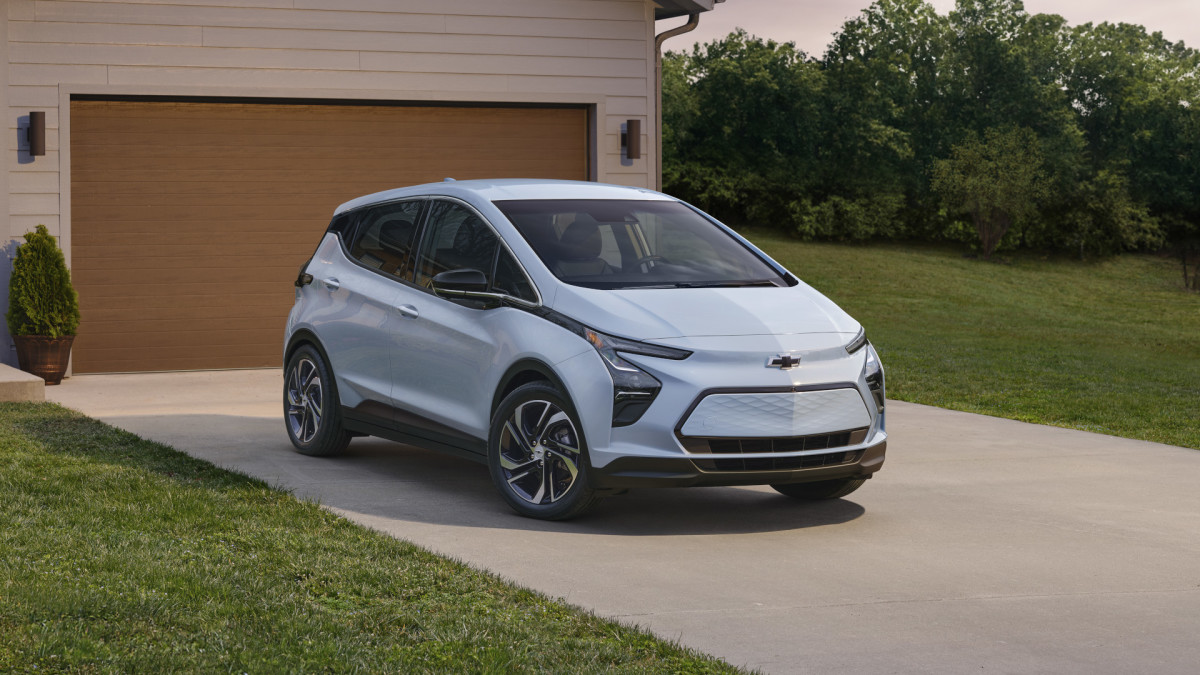A perfect storm
In a move that emphasizes the financial pressures faced by major global auto suppliers, one of the largest tier-one suppliers in the world has recently filed for Chapter 11 bankruptcy protection in the United States.
Marelli supplies lighting systems, electronics, and other critical components to automakers like Nissan, Jeep, Dodge, and Ram. Its parent company, Stellantis, said in its court filings on June 11 that it faced a perfect storm of pandemic-related disruptions, global tariffs, and industry-wide shifts toward electrification prior to its decision to file.
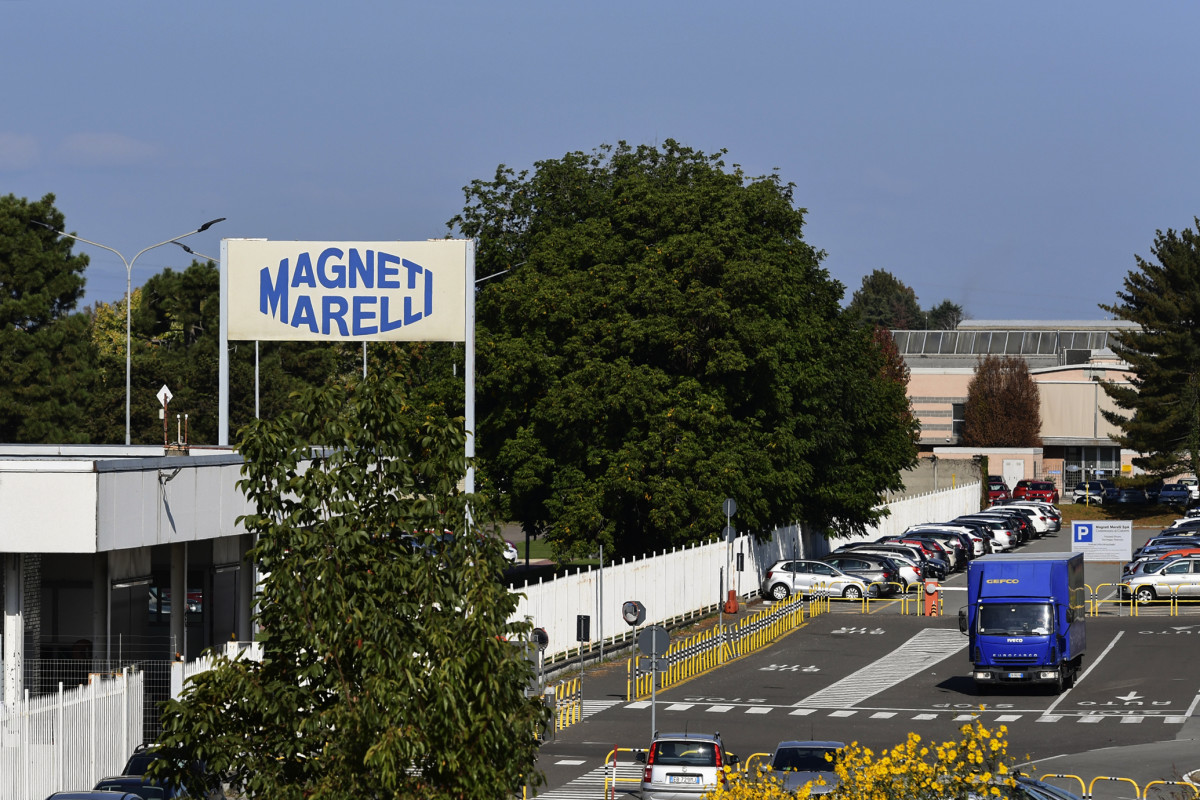
MIGUEL MEDINA/AFP via Getty Images
COVID, semiconductor shortage, and tariffs affected the company
For an industry used to navigating cyclical turbulence, Marelli’s story reflects just how volatile the landscape has become after the COVID-19 pandemic in 2020. In court documents, Marelli CEO David Slump pointed to long-running disruptions that occurred during the pandemic, including labor shortages and difficulty sourcing raw materials. As if that wasn’t a huge problem already, Marelli also got caught up in the global semiconductor shortage, which limited production and halted factories of major automakers and their suppliers.
However, Slump says that the final nail in Marelli’s coffin was the impact of wide-reaching auto industry tariffs that were imposed earlier this year. Back in March, the Trump Administration announced a new round of levies on imported vehicles and auto parts. For a company like Marelli—formed from the 2019 merger of Fiat Chrysler’s parts division, Magneti Marelli, and Calsonic Kansein, a Japanese supplier owned by American private equity firm KKR, and heavily reliant on international trade—the tariffs killed any potential to recover financially.
“Marelli was severely affected by tariffs due to its import/export-focused business,” Slump said in the filing. “Macroeconomic headwinds associated with the imposition of tariffs in countries around the world” worsened the company’s liquidity at a critical time.
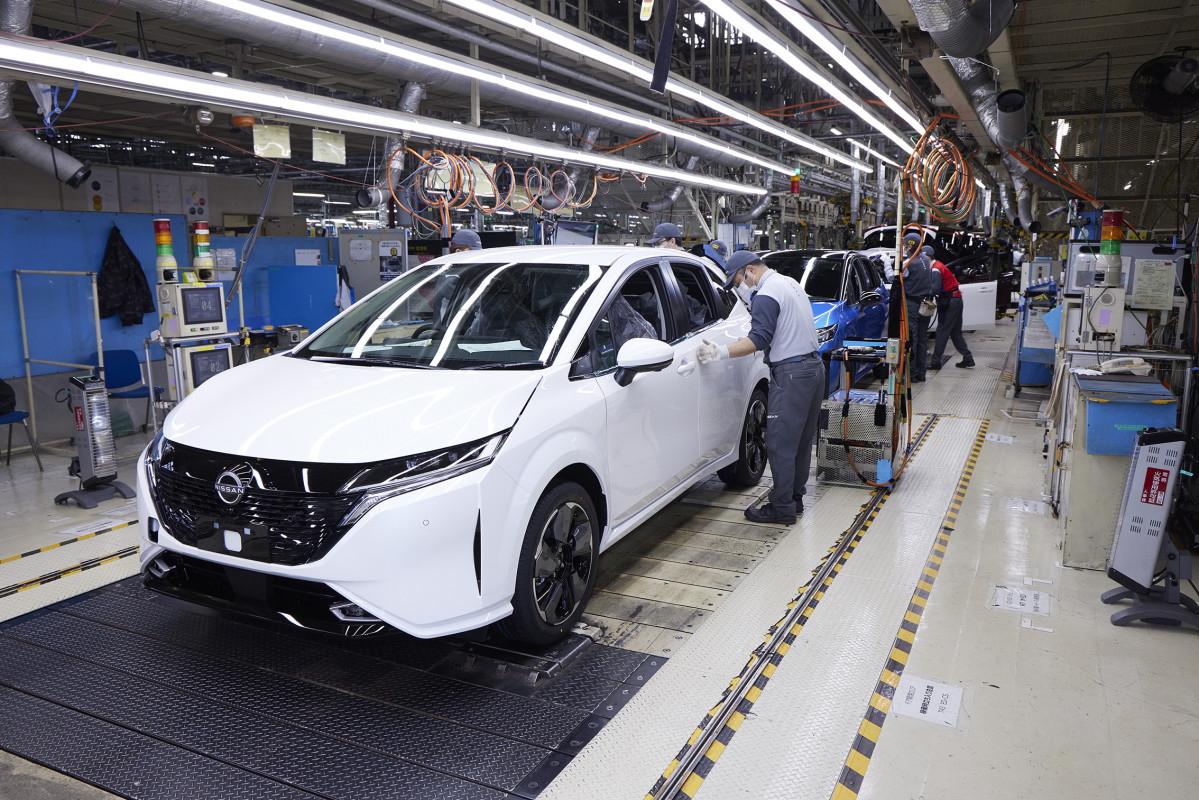
Nissan
Marelli tried to adapt to EV demand
As automakers shifted resources toward electric vehicles, suppliers like Marelli became involved in a capital-intensive rat race to retool and adapt to a fast-changing marketplace. Billions were spent across the industry to create and support groundbreaking new EV platforms, but suppliers like Marelli were left with fewer orders and the financial burden when EV demand slowed and automakers adjusted or delayed their EV timelines to react to the market.
Marelli’s Chapter 11 filing is a warning of what’s ahead for others in the space. The supplier landscape is changing amid uncertainty and shifting trends in powertrain electrification, and suppliers operate on tight margins. Companies like Marelli feel financial pressure without consistent production volumes or stable regulatory environments.
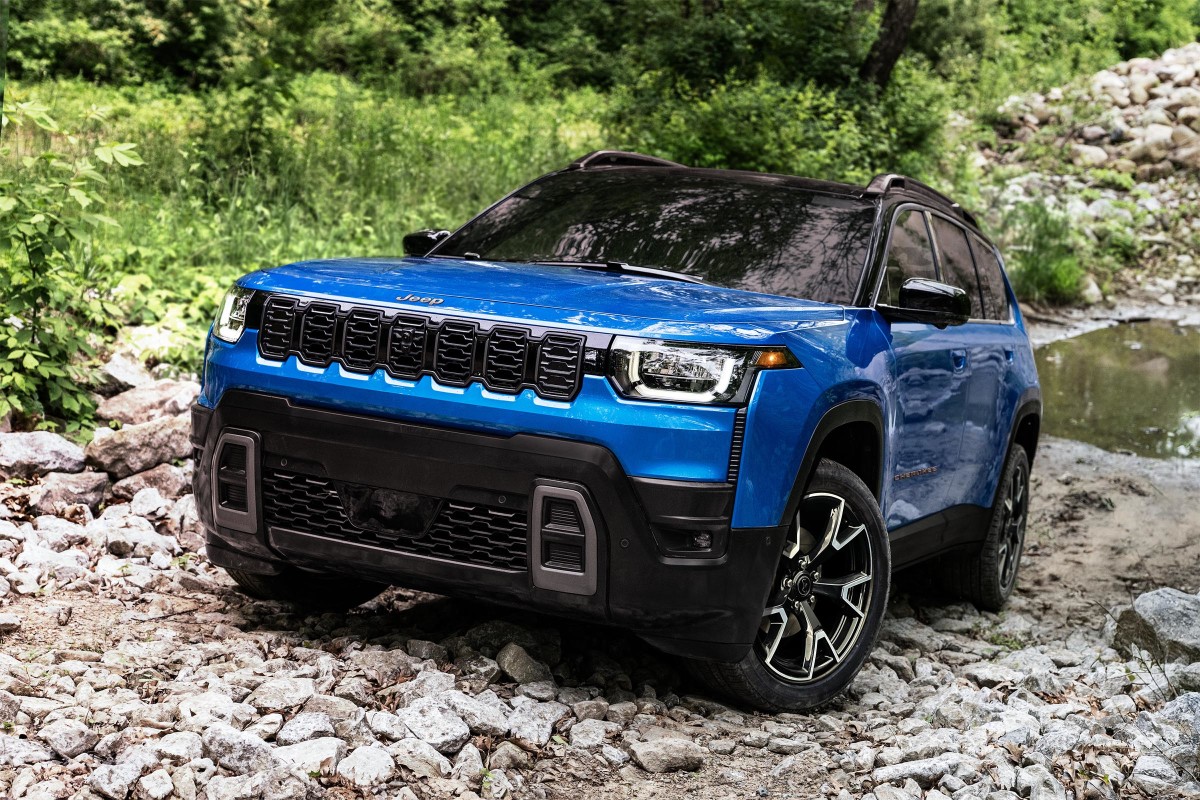
Jeep
But while Marelli is going through bankruptcy filings, it should be noted that it isn’t a liquidation (liquidations occur in a Chapter 7 bankruptcy) but rather a strategic restructuring. Marelli says it intends to continue operating throughout the Chapter 11 process thanks to over $1 billion in debtor-in-possession financing from its lenders.
Marelli has backing from more than 80% of its senior lenders, and its plan is to convert a large portion of the company’s roughly $5 billion in debt into equity, essentially giving control of the business to its creditors. Currently, the company has some unfinished business with customers. According to Automotive News, Stellantis and Nissan are the two largest unsecured creditors listed in the bankruptcy filing. Marelli said it owes Stellantis $454 million and $313 million to Nissan.
“For Nissan, securing a stable supply chain is essential. We are committed to support Marelli to maintain its revenue generation and will coordinate with Marelli’s other customers while actively monitoring the supply chain to prevent disruptions,” Nissan told AutoNews in an emailed statement.
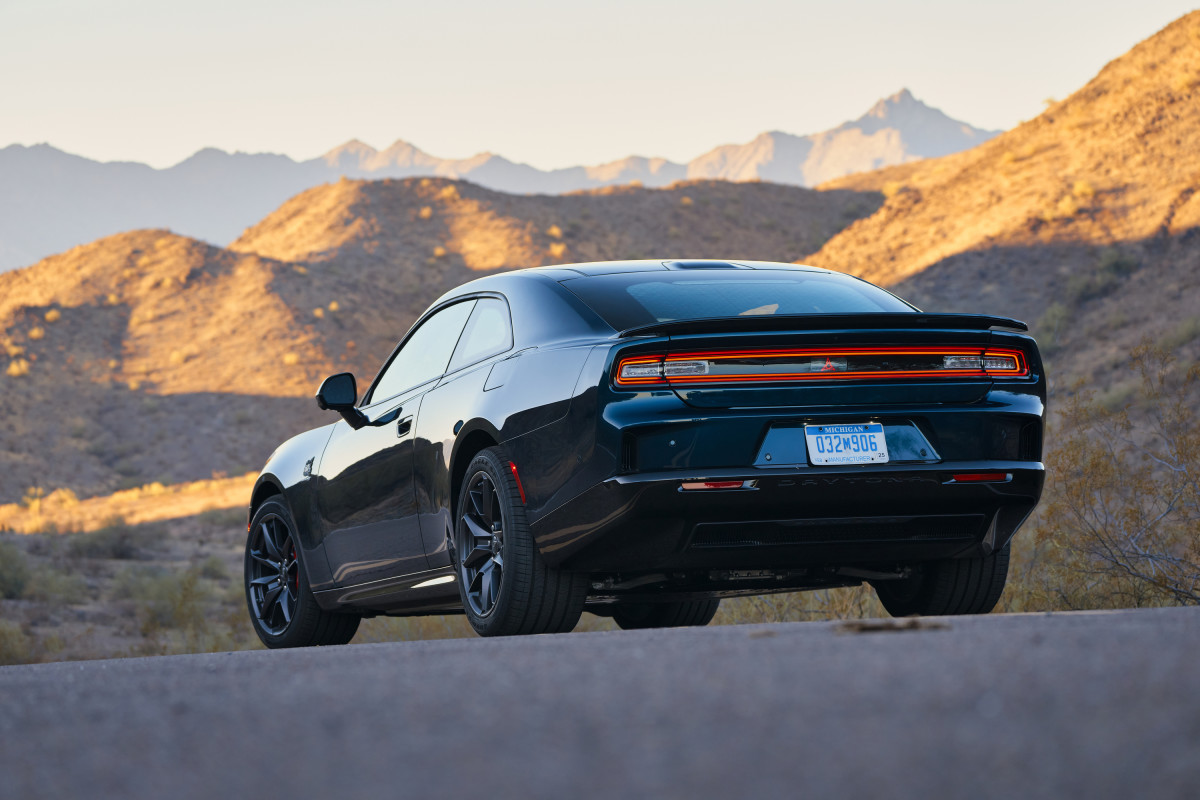
Stellantis
Final thoughts
For now, Marelli insists that operations will continue, but its situation is an example of how interconnected and fragile the modern automotive ecosystem is. Tariffs, pandemics, supply shortages, and technology transitions aren’t just speed bumps for automakers; they could mean life or death for the companies that keep the car industry running behind the scenes. Marelli may be the first, but it probably won’t be the last.
